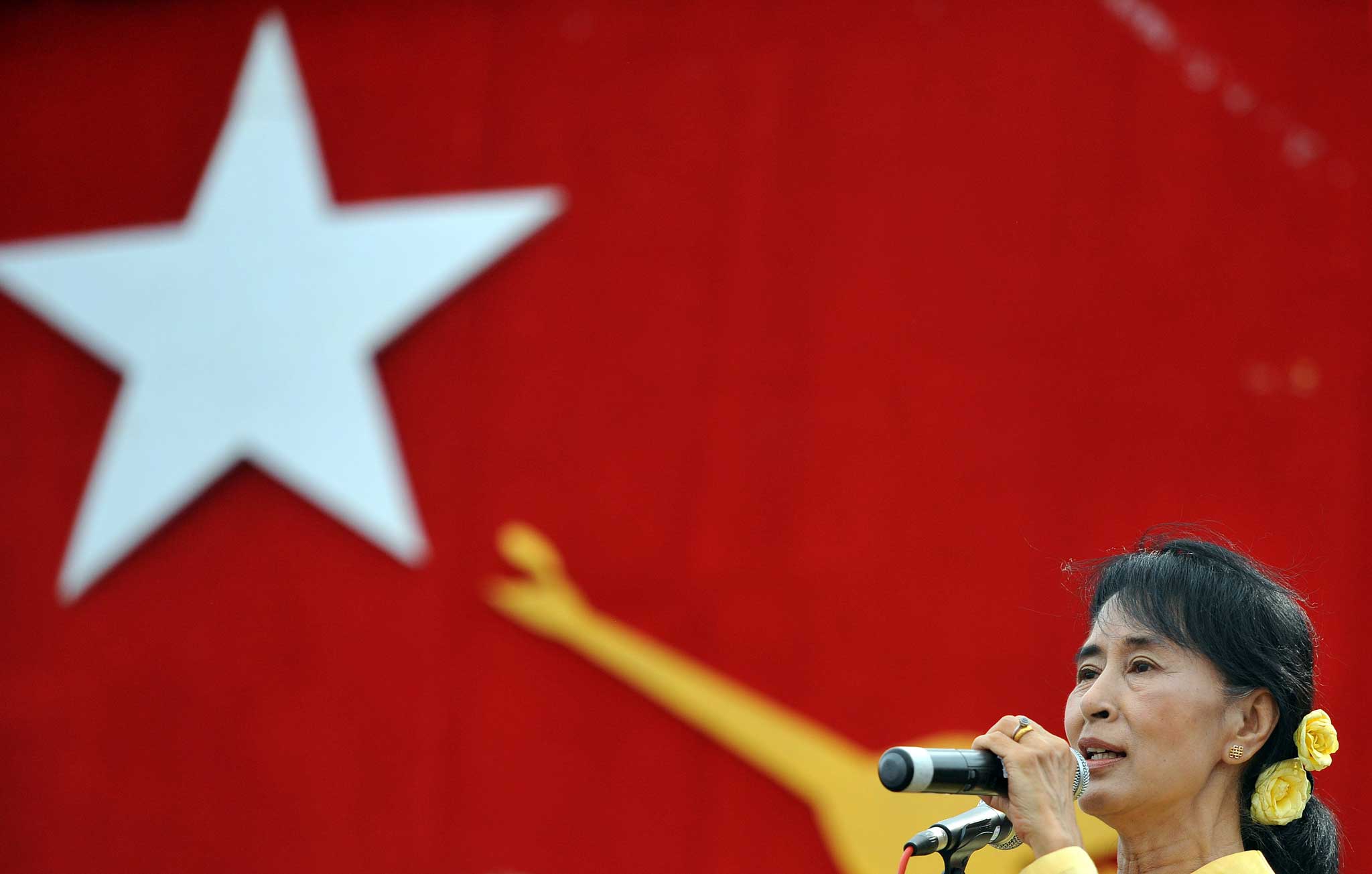Burma’s road to democracy is long and full of detours
Having implemented big reforms that gained worldwide applause, the state has been stealthily regaining control by the back door


Your support helps us to tell the story
From reproductive rights to climate change to Big Tech, The Independent is on the ground when the story is developing. Whether it's investigating the financials of Elon Musk's pro-Trump PAC or producing our latest documentary, 'The A Word', which shines a light on the American women fighting for reproductive rights, we know how important it is to parse out the facts from the messaging.
At such a critical moment in US history, we need reporters on the ground. Your donation allows us to keep sending journalists to speak to both sides of the story.
The Independent is trusted by Americans across the entire political spectrum. And unlike many other quality news outlets, we choose not to lock Americans out of our reporting and analysis with paywalls. We believe quality journalism should be available to everyone, paid for by those who can afford it.
Your support makes all the difference.For the first time in Burmese history, all the nation’s top people got together last Friday for a conference on the nation’s future: President Thein Sein, the opposition leader Aung San Suu Kyi, the Speaker of the lower house, the chief of the armed forces, etc. Suu Kyi has been lobbying for a conference of this sort for over a year. Suddenly there they all were, guests of President Thein Sein, clustered round a table.
Burma often moves by fits and starts, stunning observers with its sudden lurches. The first meeting between Thein Sein and Suu Kyi in 2011 was like that: it was the trigger for a slew of important reforms. Was last Friday’s meeting another of the same? Constitutional change was on the agenda. Hundreds of thousands have signed a petition demanding the removal of the clause of the constitution which bars Suu Kyi from running for president because of her sons are foreign nationals. Could this be it?
It was a false alarm: Suu Kyi reported that the meeting had yielded “no concrete agreements whatsoever”. In fact failure was ensured by the format: each of the participants stood up and spoke for 10 minutes, and that was it. It was more like a school public speaking contest than a meaningful summit.
This is the way “consultation” works in Burma. I was in the audience for a meeting of top industrialists in Rangoon earlier this year, also in the presence of the President, which was run in the same sterile, military fashion: each of the participants, several of them dollar billionaires, came to the platform and spoke for the allotted 10 minutes. Then a bell rang. If they ignored it, a more insistent bell began to sound. Like last Friday’s meeting, it was a charade of consultation. One day after being telephoned by President Obama, less than a fortnight before Obama’s second visit to the country, Thein Sein had done his pseudo-democratic bit.
Burma’s reform process is proving a disappointment. At a press conference on Wednesday, Suu Kyi said, “There have been times when the US government has been too optimistic about the reform process… If they studied the situation… they will know that the reform process started stalling early last year.”
Having implemented big reforms that gained worldwide applause, the state has been stealthily regaining control by the back door. So the Public Scrutiny Board, which vetted all newspaper articles before publication, was abolished in 2012. Pre-emptive censorship no longer exists. But sensitive subjects remain off limits, and the brave journalists who ignore that fact end up facing long jail sentences.
NGOs which kept up a barrage of criticism of the ruling junta for decades have been returning from exile and setting up shop in Rangoon – only to find their activities increasingly circumscribed by unofficial controls. International news organisations including the BBC have been allowed to open offices in the country, but cannot report the border conflicts for lack of accreditation. Independent newspapers have opened in large numbers but struggle to survive because the state keeps a lock on advertising and distribution.
“Everything must change so that everything remains the same,” wrote Giuseppe Tomasi di Lampedusa in The Leopard. That’s the mindset of President Thein Sein, the Burmese military’s artful dodger. Burma has been talked up as the single foreign policy success of the Obama presidency. But there’s not much left to crow about now.
Join our commenting forum
Join thought-provoking conversations, follow other Independent readers and see their replies
Comments